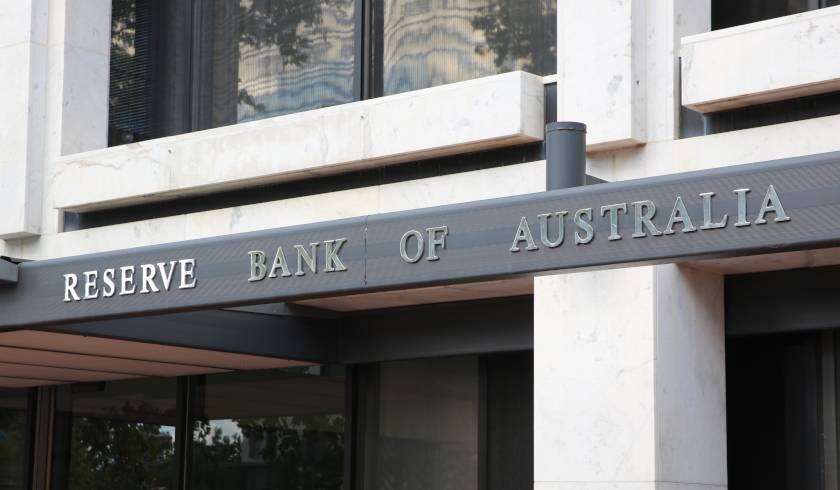Macro-prudential policies a matter of when, not if

On Tuesday, the RBA revealed its much-expected interest rate decision, announcing a further hold of rates at a record-low 0.10 per cent. But while the bank has repeatedly said that it will not target house prices, it acknowledged on Tuesday that cooling measures are possible if prices continue to swell.
“Housing markets have strengthened further, with prices rising in most markets. Housing credit growth to owner-occupiers has picked up, with strong demand from first home buyers. In contrast, investor credit growth remains subdued,” RBA governor Philip Lowe said while announcing a rate hold.
“Given the environment of rising housing prices and low interest rates, the bank will be monitoring trends in housing borrowing carefully, and it is important that lending standards are maintained,” Mr Lowe added.
Commenting on the RBA’s rate call, CoreLogic’s Tim Lawless said on Tuesday that a new round of macro-prudential policies is a matter of when, not if.
“While a new round of macro-prudential policies is looking increasingly a matter of when, not if, the catalyst for such a policy intervention is more likely to be based on a worsening in the quality of lending standards or increase in mortgage-related household debt rather than as a response to heat in the housing market,” Mr Lawless said.
“Tighter credit conditions would probably have an immediate dampening effect on housing market activity, while continuing to let record-low interest rates support the ongoing economic recovery,” he added.
Similarly, Diana Mousina, senior economist at AMP Capital, told Smart Property Investment last month that certain restrictions could be announced shortly, as house prices continue to rise.
“I think it’s likely some macro-prudential tools [will be] announced, but they will probably be more around restricting LVR lending, so maybe restricting the number of loans the banks can make with LVRs greater than 80 or 90 per cent, maybe some measures around the debt-to-income ratios, but until you see a big increase in investor loans, which we’re not seeing, or a big increase in interest-only lending, I don’t think it’ll be targeted towards the investor like it has been in New Zealand,” Ms Mousina said.
According to CoreLogic’s latest research, low mortgage rates, improving economic conditions and a confident consumer sector has seen housing market activity surge over the past six months, driving housing values 8.2 per cent higher between the end of September last year and March this year.
Moreover, the March home value index release from CoreLogic was showing the fastest pace of capital gains in 32 years.
